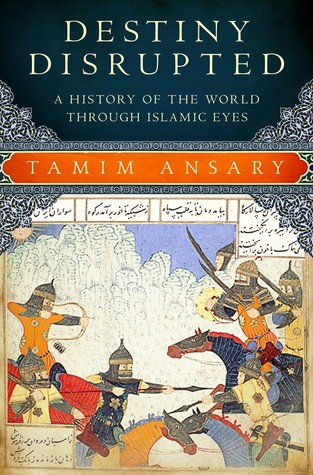More on this book
Community
Kindle Notes & Highlights
by
Tamim Ansary
Read between
June 7 - June 25, 2024
War gave Muslims opportunities for plunder. Under Omar, however, soldiers had no permission to seize the fixed property of common citizens. They got battlefield loot and the treasuries of the monarchs they conquered—which, incidentally, was plenty. Four-fifths of whatever they won was divided equally among the soldiers, supposedly with no distinction among commanders and foot soldiers, generals and privates—that was the Muslim way.
During Abu Bakr’s khalifate, at Omar’s suggestion, all the pieces of the Qur’an were compiled in one place.
Whenever a difficult decision came up, Omar looked here for the answer. If the Qur’an didn’t provide an answer, he consulted with the community to find out what the Prophet had said or done in a similar situation. In this case, “the community” meant the several hundred men and women who had been Mohammed’s “companions” during his lifetime. Every time the community made a ruling in this way, Omar had scribes record it and sent the ruling out to provincial governors to use as a basis for their decisions.
He also banned the Arab custom of temporary marriage, which allowed men to marry women for a few days: the khalifa recognized prostitution when he saw it. (Shi’ite jurists later relegitimized this practice in their codes.)
To defuse the disruptive power of sexuality, Omar took measures to regulate and separate the roles of men and women, mandating, for example, that women and men pray separately, presumably so they wouldn’t be thinking about sex during that ritual.
Everybody likes democracy, especially as it applies to themselves personally; but Islam is not the opposite of democracy; it’s a whole other framework. Within that framework there can be democracy, there can tyranny, there can be many states in between. For that matter, Islam is not the opposite of Christianity, nor of Judaism. Taken strictly as a system of religious beliefs, it has more areas of agreement than argument with Christianity and even more so with Judaism—


